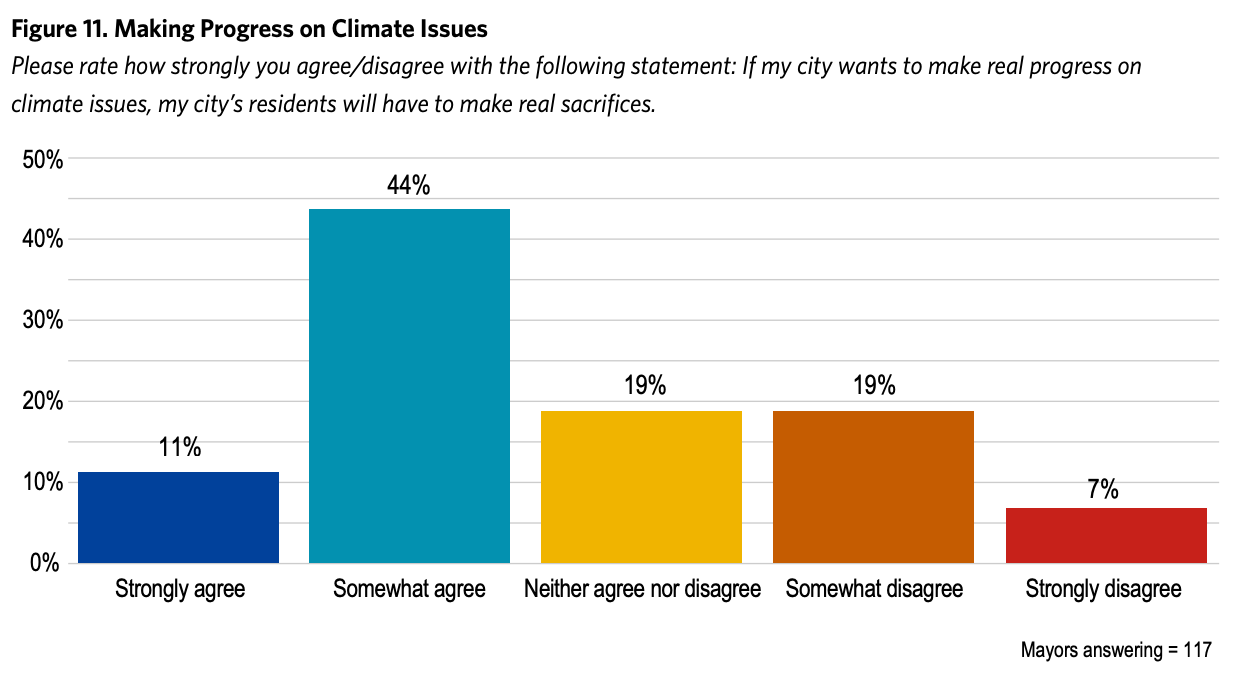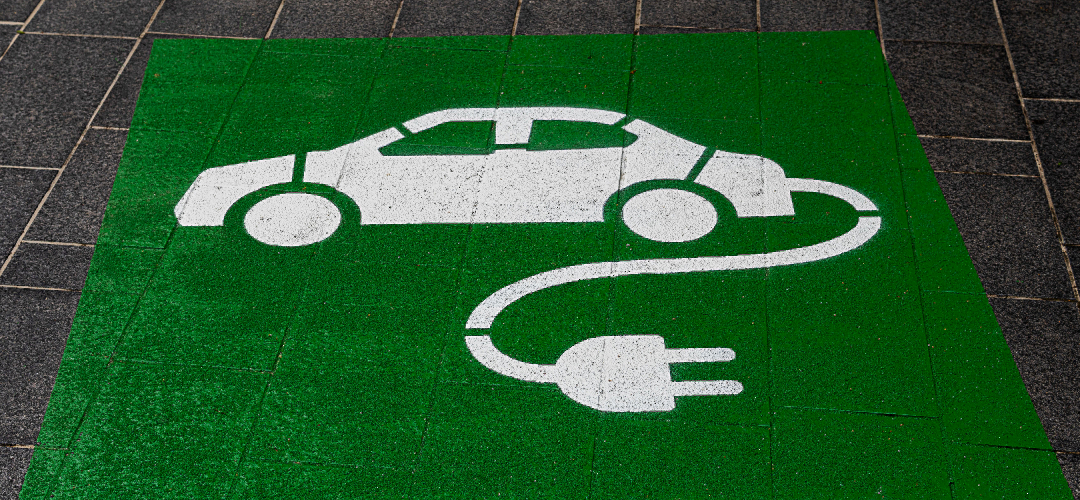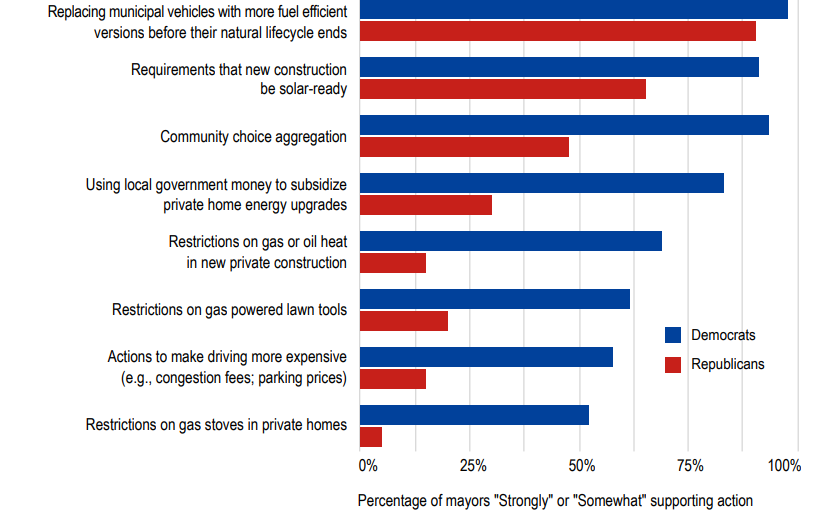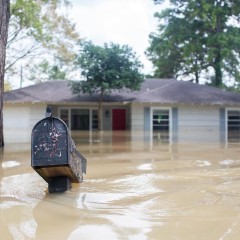“Mayors and the Climate Crisis” is the first of two parts of the 2022 Menino Survey of Mayors. It was conducted through interviews with mayors of 118 cities that have populations of 75,000 residents or more from June to August of last year.
While some survey participants encouraged residents to make lifestyle changes, mayors are uneasy about the political repercussions of some potential remedies, such as “restrictions on gas stoves, gas lawn tools, gas and oil heat, along with dissuading people from driving.” Alternatively, mayors view creating new regulatory policy as their best resource to combat climate change. The two most popular tools included influence over building codes and zoning.

“Restrictions where we would say it’s not allowed, I don’t think we could do that,” a mayor who participated in the survey said about gas stoves. “So, I’d say strongly support this with the caveat that ‘restrictions’ includes incentives or encouragement.”
Some of the respondents pushed back on the idea of what a “real sacrifice” is, and that moving away from gas stoves for example is something residents would gradually adjust to.
“People perceive this work to be demanding a sacrifice of them,” another mayor said. “I think to suggest that people should gradually swap out their gas stoves to electric is not a huge sacrifice. Some people talk as if the world is ending. My goal in leadership is not to allow short-term objections to sidetrack us from the long-term goal.”
The mayors’ most favored approach to addressing climate change was replacing cities’ fleets with energy-efficient vehicles. Replacing aging school buses, fire trucks, public works vehicles with electric alternatives could be achieved in part through the federal tax credits up to 30% for commercial vehicles in the Inflation Reduction Act. Support for the EV transition is bipartisan with 81% of Democrats and 55% of Republicans in strong support, and 35% of Republicans in moderate support.
Houston’s Climate Action Plan aims to convert the non-emergency, light-duty municipal fleet to 100% electric vehicles by 2030. As of 2021, 11% of Houston’s municipal fleet was electric.
While research has indicated that EVs impact on climate change may be limited, they could play an important role in Texas, as the state’s grid increasingly relies on solar and wind power. (Houston’s climate plan also calls for an overall reduction in vehicle travel as a means of reducing carbon emissions by encouraging transit, biking and walking, but on that front, the numbers have been trending in the wrong direction.)
Support for Local Actions to Reduce Emissions, by Party (2022 Menino Survey of Mayors)
Support for other climate-related measures was less pronounced, with 80% to 95% of Republican mayors voicing opposition to restrictions on gas-powered lawn tools, actions to make driving more expensive and restrictions on gas stoves in private homes
The survey divided the U.S. into four geographic regions – the Midwest, Northeast, South and West. In addition to Texas, the survey's southern region consists of Alabama, Arkansas, Florida, Georgia, Kentucky, Mississippi, North Carolina, Oklahoma, South Carolina, Tennessee, Virginia and West Virginia. It also expands to include Delaware and Maryland.
On the topic of concern about local and immediate impacts of climate change by region, mayors in the South aptly ranked flooding as their No. 1 natural disaster concern, followed by drought, extreme heat and air pollution. Flooding was also the top concern among Midwestern mayors, while extreme heat was the top concern for the Northeast and drought in the West.
The second part of the 2022 Menino Survey, which focuses on poverty, health and safety, will be released in March.





